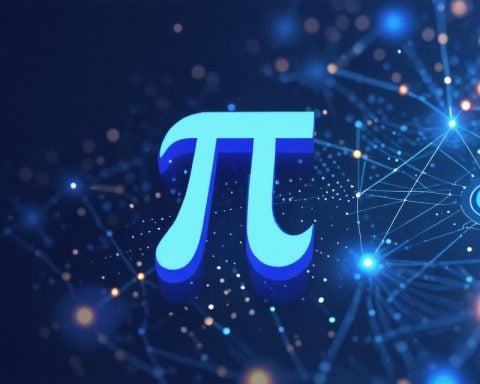In the ever-evolving world of gaming technology, a groundbreaking advancement is on the horizon with EA FC 25’s introduction of an innovative feature known as “хранилище дубликатов” or “Clone Storage.” This cutting-edge technology is set to redefine how players interact with their in-game assets, offering a new dimension of flexibility and security.
Clone Storage empowers players to create and store exact duplicates of their digital assets within the game environment. This feature is particularly beneficial for those who have invested significant time and effort into developing high-value teams, players, or items. By allowing gamers to preserve multiple versions of their prized possessions, EA FC 25 not only enhances gameplay experience but also introduces a safety net for those concerned with data loss or accidental deletions.
The potential applications of this technology are vast. Imagine testing different strategies without the fear of irreversible consequences, or sharing a duplicate of your ultimate team lineup with friends, enabling collaborative play or tournaments. Moreover, this innovation aligns perfectly with the growing trend of blockchain and digital asset security, offering a glimpse into a future where game ownership is as decentralized and secure as any financial asset.
EA FC 25’s хранилище дубликатов marks an exciting frontier in gaming, appealing to both seasoned pros and casual gamers alike who crave control and creativity in their virtual adventures. As this technology evolves, it paves the way for an array of possibilities, offering a seamless blend of entertainment and innovation for the gaming community.
Clone Storage Feature Sparks Debate: Revolutionizing or Overcomplicating Gaming?
EA FC 25’s “Clone Storage” feature is setting the gaming world abuzz with both excitement and skepticism. While the capacity for players to duplicate their digital assets in the game offers tantalizing prospects, it also raises significant questions about its implications on gameplay dynamics and digital economy.
One intriguing aspect is the potential impact on game economies. Allowing players to clone their valuable assets could potentially devalue rare in-game items. This may disrupt the rarity and balance that are essential to many in-game economies. How will EA ensure that the value of items is maintained in this new cloning paradigm?
Critics argue that this feature could encourage a pay-to-win culture where players with more resources can clone their strongest assets, gaining an unfair advantage in competitive settings. Could this lead to a greater divide between casual players and those willing to spend more on these duplications?
On the flip side, the Clone Storage feature presents a fascinating opportunity for creative collaboration. Imagine players sharing their unique strategies and team builds without fear of losing their original setups. The potential for experimenting and learning from others could foster a richer community experience.
A key concern is data privacy and security. As digital assets become increasingly valuable, will gaming companies be able to secure cloned data effectively against cyber threats?
As gamers and developers navigate this new territory, the Clone Storage feature’s long-term effects on the gaming landscape remain to be seen. Will it enhance the gaming experience, or will its complexities outweigh its benefits?
For more insights into the gaming industry’s latest developments, visit EA and IGN.



















